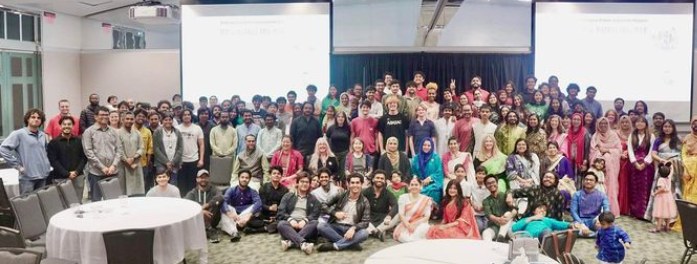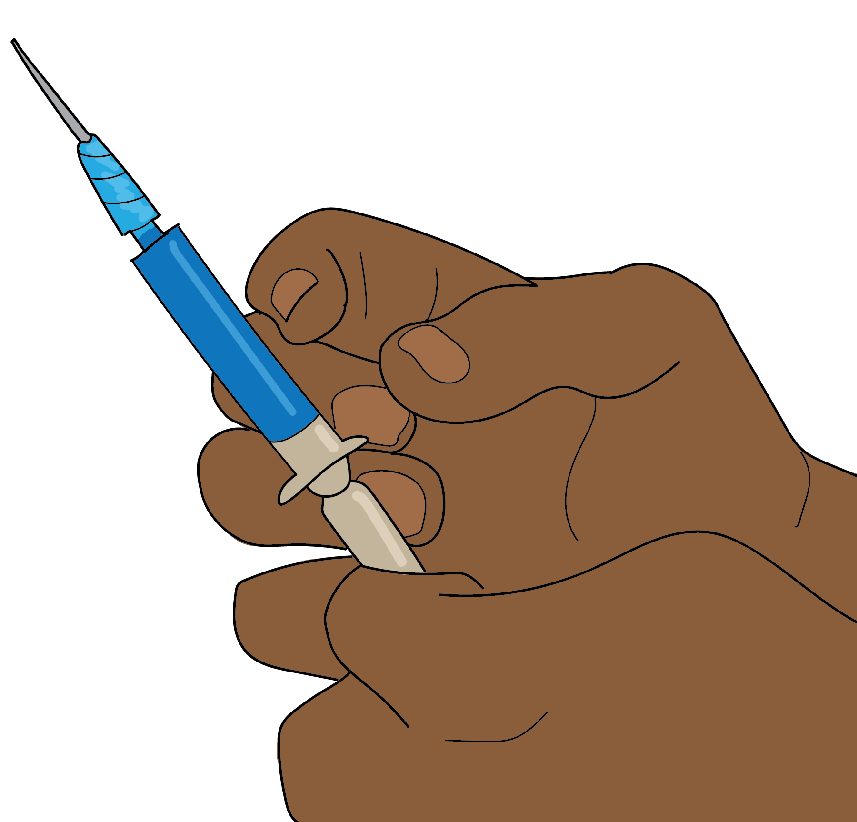It is flu season, and everyone knows what that means: it is time to get a flu shot. However, thanks to a concerning movement that is steadily gaining traction across the internet, many parents are opting not to allow their children to receive the flu shot and other potentially life-saving vaccinations.
This movement is known as anti-vaxxing.
The anti-vax movement stems from fear-mongering and misinformation. Well-meaning parents who identify with this movement are indoctrinated into the school of thought that vaccines are dangerous or harmful to themselves and their children.
The reasons these parents give for opting not to vaccinate themselves and their families vary, but some include the idea that vaccines cause autism or even government conspiracies.
Though the theories fueling the anti-vaxxing community vary, they all have one thing in common: They aren’t backed by any science. Anti-vaxxers, who cite sources in attempts to justify their actions, often cite information that has been disproven or even falsified.
Why should we be concerned about this?
The World Health Organization listed vaccination hesitancy as one of the top ten global threats for 2019. Another one of the threats on the list is the global influenza pandemic.
According to the World Health Organization, “Vaccine hesitancy, the reluctance or refusal to vaccinate despite the availability of vaccines, threatens to reverse progress made in tackling vaccine-preventable diseases.”
“Vaccination is one of the most cost-effective ways of avoiding disease. It currently prevents 2 to 3 million deaths a year, and a further 1.5 million could be avoided if global coverage of vaccinations improved.”
According to information from the World Health Organization, vaccine hesitancy is the direct cause of a 30% increase in Measles cases globally. Countries that had nearly eliminated the disease entirely are seeing a major resurgence.
Social media has been instrumental in fueling the wave of vaccination misinformation that is sweeping the internet. The problem has gotten so severe that some social media websites are cracking down on the spread of misinformation regarding vaccinations.
Pinterest announced that it would combat the anti-vaxxing movement by blocking searches and content on its platform relating to anti-vaxxing.
In light of this issue, it is important to reflect on how social media can be dangerous. Though it can often be a convenient way of spreading information to the masses, social media also offers a platform for people to rapidly spread false information and propaganda.
Damage has already been done. The question that remains is: What can we do to reverse this damage and stop the future perpetuation of misinformation on social media?






























